[Blue and white jade zodiac]
Blue and white jade zodiac, Qing, rat: 3.5 cm high, 7.1 cm long, 2.5 cm wide; Cow: 3.8 cm high, 7.1 cm long, 4 cm wide; Tiger: 5.5 cm high, 4 cm long, 3.5 cm wide; Rabbit: 3.5 cm high, 6.5 cm long and 3 cm wide; Dragon: height 5.2 cm, length 6.1 cm, width 2 cm; Snake: 2.9 cm high, 5.8 cm long, 5.6 cm wide; Horse: height 4.4 cm, length 6.6 cm, width 3.3 cm; Sheep: height 4.4 cm, length 6 cm, width 3.4 cm; Monkey: 5.7 cm high, 3.9 cm long, 3.5 cm wide; Chicken: 5.4 cm in height, 6.6 cm in length and 3 cm in width; Dog: 3.9 cm high, 7.4 cm long, 3.1 cm wide; Pig: 3.7 cm in height, 7.2 cm in length and 3 cm in width
A set of 12 Chinese zodiac animals. Green and white jade. The twelve Chinese zodiac signs are all round sculptures, either lying or squatting. Double-eye or tube drilling, or yin carving, or reduced to yin carving. Yin carving shows the detailed features of nostrils, mouth, hair, whiskers, forehead line, hoof line, etc., and the back ridge is raised. The representation of state is simple, and the expression of the five senses, scales, feathers and modality of squatting dragon, sitting monkey and lying chicken is relatively more detailed and vivid
The zodiac originated in China and is the crystallization of animal worship, totem worship and early astronomy of Chinese ancestors. In ancient China, the Central Plains originally used the Gan and Zhi chronology, that is, the ten heavenly stems, namely, A, B, C, D, E, E, G, Xin, Ren, and Gui, were matched with the twelve earth branches, namely, Zi, Chou, Yin, Mao, Chen, Si, Wu, Wei, Shen, You, Xu, and Hai. However, in the nomadic areas of the northwest, at least from the Northern and Southern Dynasties, the twelve zodiac signs were used to mark the year, that is, twelve animals were used to mark the year. With the exchange and integration of the northern nationalities and the ancestors of the Central Plains, the Chinese zodiac chronology gradually became popular in the Han Dynasty, and the twelve Chinese zodiac signs were matched with the twelve local branches. The statement completely consistent with the popular Chinese zodiac today can be found in the records of Lun Heng by Wang Chong of the Eastern Han Dynasty. These animals can be roughly divided into three categories. One is the six domesticated animals, namely cattle, sheep, horses, pigs, dogs and chickens; The second is the familiar wild animals, such as tigers, rabbits, monkeys, rats and snakes; The third category is the spirit dragon of the Chinese nation. Most of these animals are very close to people’s daily life
![图片[1]-Blue and white jade zodiac-China Archive](https://chinaarchive.net/Qing dynasty/Jade ware/57656[1024].jpg)
![青白玉十二生肖——牛 图片[2]-Blue and white jade zodiac-China Archive](https://chinaarchive.net/Qing dynasty/Jade ware/57657[1024].jpg) 青白玉十二生肖——牛
青白玉十二生肖——牛![青白玉十二生肖——虎 图片[3]-Blue and white jade zodiac-China Archive](https://chinaarchive.net/Qing dynasty/Jade ware/57658[1024].jpg) 青白玉十二生肖——虎
青白玉十二生肖——虎![青白玉十二生肖——兔 图片[4]-Blue and white jade zodiac-China Archive](https://chinaarchive.net/Qing dynasty/Jade ware/57659[1024].jpg) 青白玉十二生肖——兔
青白玉十二生肖——兔![青白玉十二生肖——龙 图片[5]-Blue and white jade zodiac-China Archive](https://chinaarchive.net/Qing dynasty/Jade ware/57655[1024].jpg) 青白玉十二生肖——龙
青白玉十二生肖——龙![青白玉十二生肖——蛇 图片[6]-Blue and white jade zodiac-China Archive](https://chinaarchive.net/Qing dynasty/Jade ware/57661[1024].jpg) 青白玉十二生肖——蛇
青白玉十二生肖——蛇![青白玉十二生肖——马 图片[7]-Blue and white jade zodiac-China Archive](https://chinaarchive.net/Qing dynasty/Jade ware/57662[1024].jpg) 青白玉十二生肖——马
青白玉十二生肖——马![青白玉十二生肖——羊 图片[8]-Blue and white jade zodiac-China Archive](https://chinaarchive.net/Qing dynasty/Jade ware/57663[1024].jpg) 青白玉十二生肖——羊
青白玉十二生肖——羊![青白玉十二生肖——猴 图片[9]-Blue and white jade zodiac-China Archive](https://chinaarchive.net/Qing dynasty/Jade ware/57664[1024].jpg) 青白玉十二生肖——猴
青白玉十二生肖——猴![青白玉十二生肖——鸡 图片[10]-Blue and white jade zodiac-China Archive](https://chinaarchive.net/Qing dynasty/Jade ware/57666[1024].jpg) 青白玉十二生肖——鸡
青白玉十二生肖——鸡![青白玉十二生肖——狗 图片[11]-Blue and white jade zodiac-China Archive](https://chinaarchive.net/Qing dynasty/Jade ware/57667[1024].jpg) 青白玉十二生肖——狗
青白玉十二生肖——狗![青白玉十二生肖——猪 图片[12]-Blue and white jade zodiac-China Archive](https://chinaarchive.net/Qing dynasty/Jade ware/57668[1024].jpg) 青白玉十二生肖——猪
青白玉十二生肖——猪![青白玉十二生肖——猪 图片[13]-Blue and white jade zodiac-China Archive](https://chinaarchive.net/Qing dynasty/Jade ware/57669[1024].jpg) 青白玉十二生肖——猪
青白玉十二生肖——猪
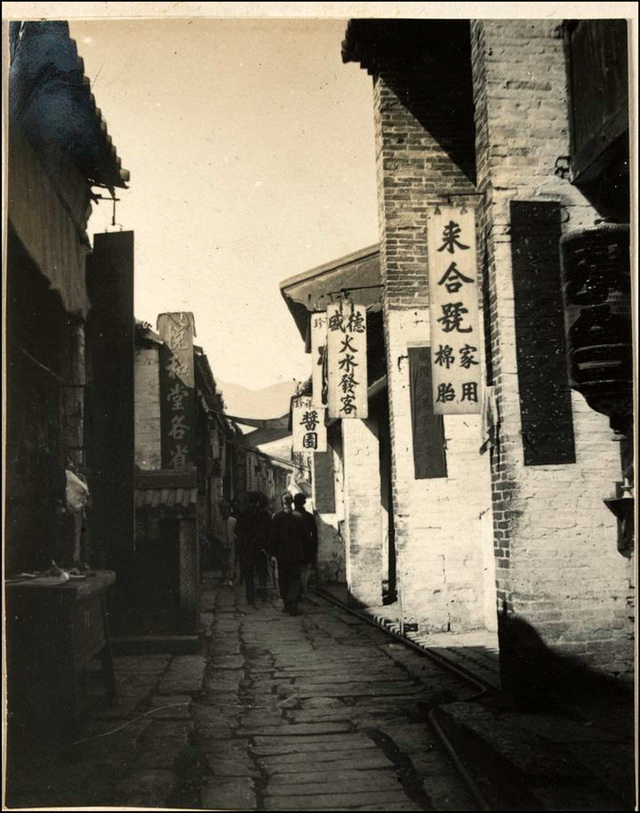
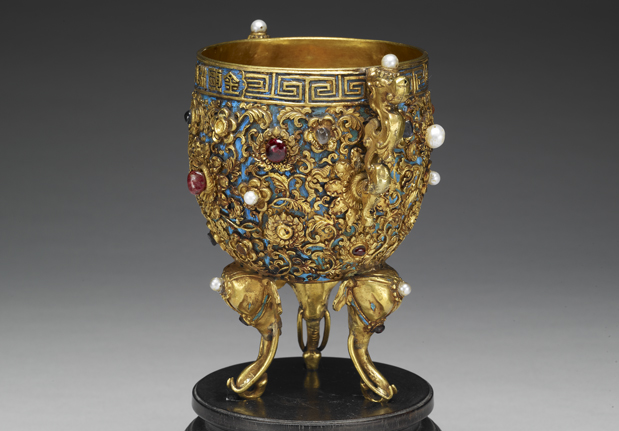
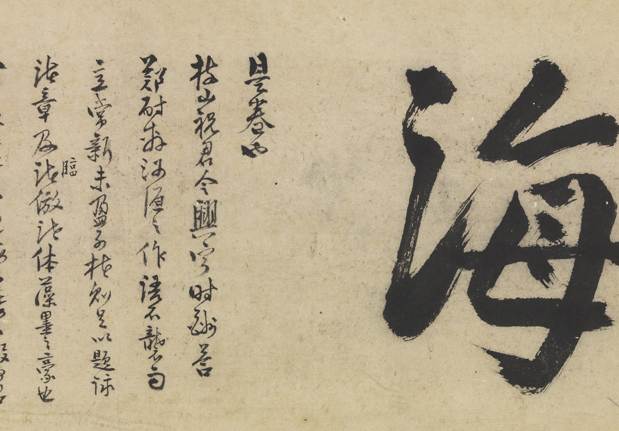
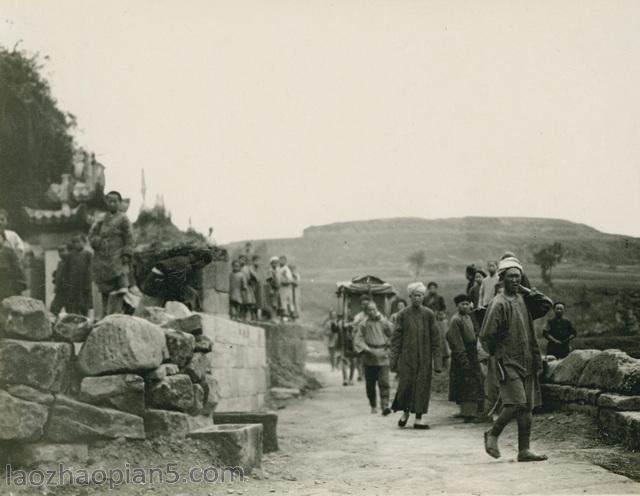
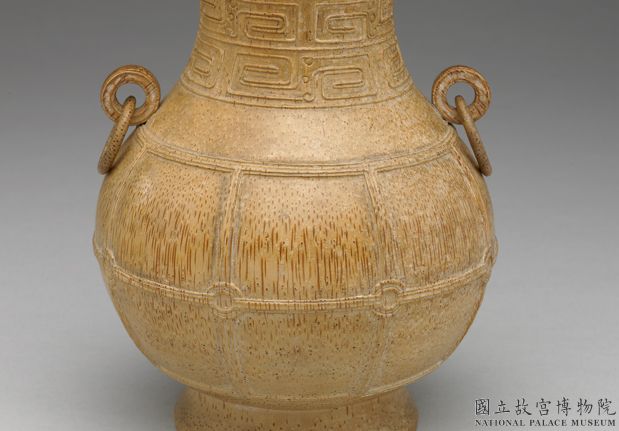
![[Qing Dynasty] British female painter—Elizabeth Keith, using woodblock prints to record China from the late Qing Dynasty to the early Republic of China—1915-China Archive](https://chinaarchive.net/wp-content/uploads/2022/11/image-191x300.png)